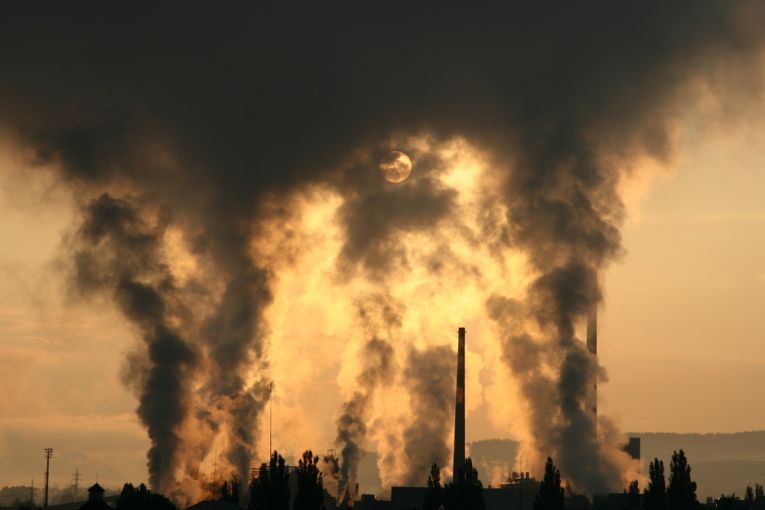The European Environment Agency is responsible for a lot. They record that almost all of Europeans are living longer and in a healthier fashion. The dangers lie in a sort of complacency as we create new hazards and different life-styles. As Jacqueline McGlade, EEA Executive Director, puts it, "This report really reinforces some of the key links between health and the environment. People are now exposed to many different harmful factors, which together are reducing both lifespans and well-being."
"Environment and Human Health" records Europe's in-house scientists' opinions on the current health-gap within the continent. Degrading and harmful conditions occur as in every continent, but they carefully point out new risks that add to these discomforts. The poor and those at both ends of the age spectrum are most at risk, especially from new and complex factors affecting our lives. Lifespan is being reduced by substances such as many common endocrine disrupting chemicals. These are found in cosmetics and pharmaceuticals, as well as the obvious pesticides. (Earth Times frequently publishes updates on neonicotinoid pesticide problems.)
Air pollution reduces every European's life by 8.5 months on average. Fine particulate matter has been shown to be extremely hazardous in Chinese cities, but Europe also suffers, with London heading the UK's figures at 29micrograms/cubic metre in 2010. Chinese cities are high in these tiny <10 micron particles with a maximum of 150ug/m3 recorded, in Lanzhou. The latest reports indicate that the UK has a great legacy of nitrogen dioxide pollution from diesel vehicles in its largest cities.
These pollution indications emerge from WHO reports and their extensive database on many American, European and Asian cities.
The international problem with water supply is a growing problem elsewhere, but while Europe has water supply in excess at the moment, climate change will certainly reduce that supply. Inadequate treatment of water is causing residues to build up, just as in other countries that provide less efficient recycling of water supplies. Both the US and Australia look likely to have increasing lack of water supplies affecting health as global warming progresses.
Other problems with in the noise environment and problematic electromagnetic fields concern the EEA so much that new reports will be published within the year. Some countries of course already control traffic noise well within healthy boundaries, within their cities. Hungary and Greece also have limited green space, which Sweden and Finland might argue successfully to have reduced their physical and mental health problems.
Here is the European Environment Agency link to their multifarious research on indicators, data and many health-related topics.










